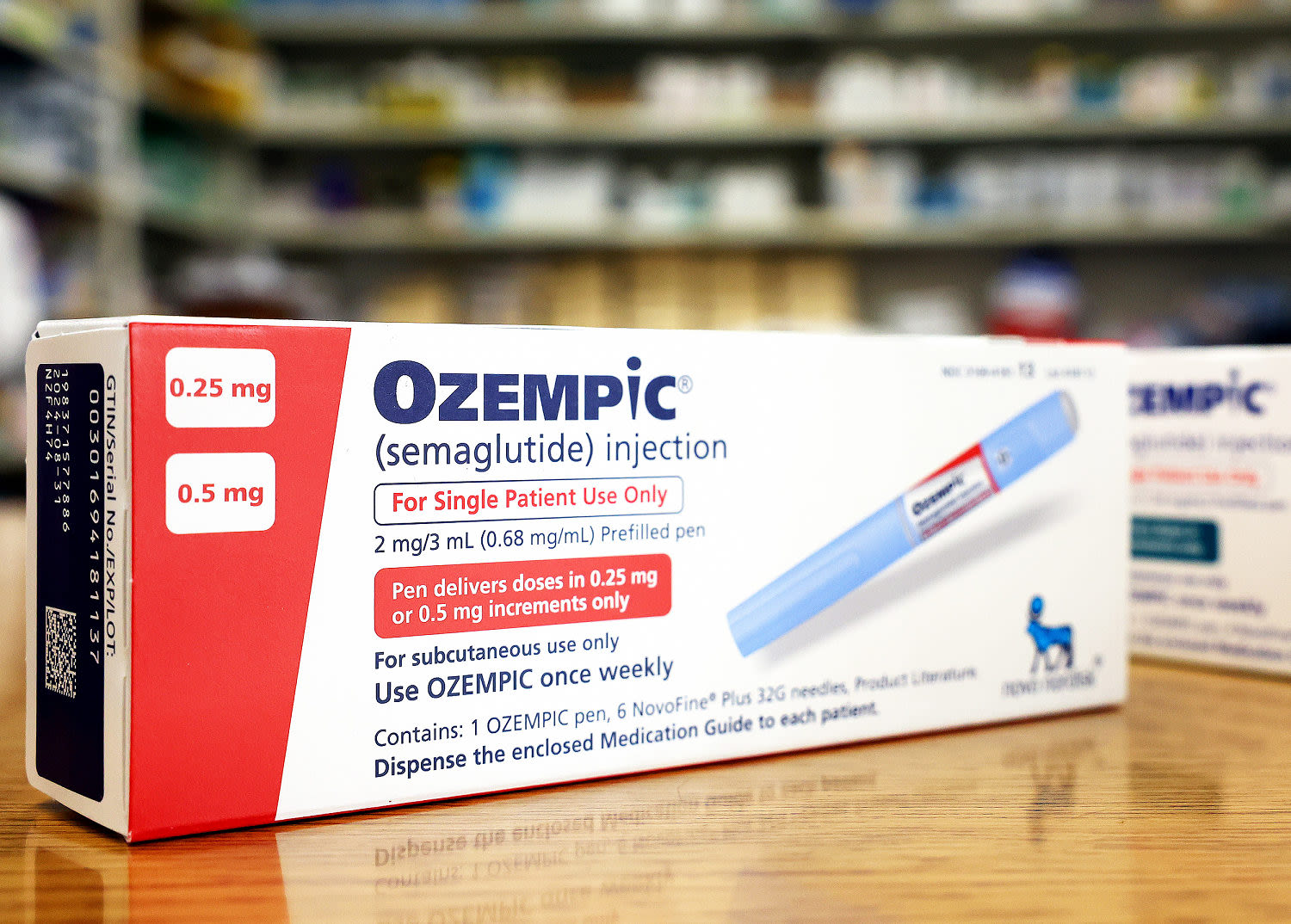Search results
- DictionarySide ef·fect/ˈsīd əˌfek(t)/
noun
- 1. a secondary, typically undesirable effect of a drug or medical treatment: "many anticancer drugs now in use have toxic side effects"
Powered by Oxford Languages
People also ask
What does side effect mean?
What are some common drug side effects?
What is an example of a side effect?
Why do drugs have side effects?
A side effect is a secondary and usually adverse effect (as of a drug) that occurs along with the basic desired effect. Learn more about the word history, synonyms, examples, and related entries of side effect from Merriam-Webster dictionary.
Aug 8, 2022 · Common side effects include upset stomach, dry mouth, and drowsiness. A side effect is considered serious if the result is: death; life-threatening; hospitalization; disability or permanent damage ...
A side effect is an unwanted or unexpected result of something, such as a drug, treatment, or situation. Learn more about the meaning, pronunciation, and translations of side effect with Cambridge Dictionary.
SIDE EFFECT meaning: 1. an unpleasant effect of a drug, medical treatment, or vaccine (= a substance put into a person's…. Learn more.
News about Ozempic, Wegovy, Weight loss
News about Isabella Strahan, Michael Strahan, side effect
Also in the news
- Overview
- What are side effects?
- Side effects from medications
- Types of effect
- Cancer treatment
- Diagnostic procedures
- Surgery
- GeneratedCaptionsTabForHeroSec
Side effects happen when a treatment causes a problem because it does more than treat the target issue. The impact can range from minor to severe and life-threatening.
A side effect can, theoretically, be positive. For example, laser treatment for cataracts sometimes improves a person’s eyesight.
An adverse effect, or adverse event, means an unwanted side effect.
The treatment may be a medication, surgical procedure, or other kind of intervention, including complementary and alternative therapies.
The National Cancer Institute (NCI) define an adverse effect as “an unexpected medical problem that happens during treatment with a drug or other therapy.”
Unwanted effects can result from a physician’s advice and from medications or treatments, including complementary and alternative therapies. They can lead to complications.
Any medication can have an adverse effect, whether a prescription drug, an over-the-counter (OTC) drug, an alternative, herbal or complementary therapy, or a vitamin supplement.
For a medication to get approval by the United States Food and Drug Administration (FDA), or a similar body in another country, the drug manufacturer has to list all its known adverse effects.
Adverse effects must be reported, investigated in human clinical trials, and included in the patient information leaflet (PIL). The PIL accompanies drugs and medical devices when they are sold to the public.
The FDA encourage people to report adverse effects to medications.
Adverse effects can result from non-compliance, or non-adherence, which is when the patient does not follow the doctor’s instructions.
Examples include:
Some common examples mild adverse effects related to drugs include:
•Constipation
•Skin rash or dermatitis
•Diarrhea
•Dizziness
•Drowsiness
Radiation therapy
Radiation therapy kills unwanted cells, but it can also damage healthy cells, so adverse effects are common. How severe they are and how long they last will depend on which part of the body is targeted, the radiation dose, and how quickly the damaged cells can recover. Side effects may include: •Fatigue, possibly due to anemia •Diarrhea, especially if treatment is for the abdomen. Symptoms tend to appear a few days after the start of treatment and will go away a few weeks later •Heart disease, if the site of the tumor is near the heart, for example, in breast cancer treatment •Nausea can occur at any time during treatment, or shortly afterward •Muscle and joint stiffness •Swelling in the affected area •Sore skin and skin burns •Drop in sex drive and infertility or early menopause, especially if treatment is for the pelvic area •Loss of appetite and difficulty swallowing, especially if treatment is aimed at the head, neck, or chest •Dry mouth, with treatments aimed at the head, neck or mouth •Alopecia, or hair fall, which is normally temporary
Side effects from chemotherapy
Most people link chemotherapy with uncomfortable side effects, but the management of adverse effects has improved considerably in the last 20 years. Many side effects that were once inevitable can be either prevented or well controlled today. Possible side effects include, but are not limited to: •alopecia, or hair loss, usually temporary •cognitive problems, or problems with thinking, such as attention span, memory, •comprehension, reasoning, judgment, and multitasking •diarrhea or constipation •fatigue •hearing impairment •infertility •loss of appetite •low blood platelet count and blood clotting problems •low red blood cell count, leading to anemia •low white blood cell count, increasing the patient’s susceptibility to infections •moodiness •mucositis, or inflammation of the mucous membrane •nausea and vomiting •reduced libido, or less interest in sex •dry, sore skin •brittle and flaky nails Some people who are experiencing the late stages of cancer may decide not to undergo chemotherapy or radiation therapy, as they feel the unwanted effects may compromise the quality of their remaining life. However, in the early stages, and even sometimes in the later stages, these treatments can successfully remove cancer or reduce symptoms and discomfort for some time.
Diagnostic procedures may be invasive or non-invasive. Adverse effects can include allergic reactions, bleeding, or perforation of the intestinal wall, for example, during a colonoscopy.
There is a small risk that a cancer biopsy may cause some of the cancer to break off, enabling it to spread beyond the immediate tumor area. This is called “seeding” of the tumor.
Surgery can cause complications, which are similar to adverse effects.
Depending on the surgery, common complications include:
•cardiovascular risks, such as deep vein thrombosis (DVT) and pulmonary embolism
•changes in local blood flow
•constipation
•erectile dysfunction, for example after the removal of the prostate gland
Side effects are unwanted problems caused by a treatment, such as a medication, a vaccine, or a surgery. Learn about the different types of side effects, what causes them, and how to report them.
- Yvette Brazier
Jun 18, 2023 · Learn what side effects are, how they can affect you, and what to do if you have them. Find out the common, serious, and rare side effects of different drugs and how to prevent or manage them.
Side effect. In medicine, a side effect is an effect, whether therapeutic or adverse, that is unintended; although the term is predominantly employed to describe adverse effects, it can also apply to beneficial, but unintended, consequences of the use of a drug . Occasionally, drugs are prescribed or procedures are performed for their side ...





